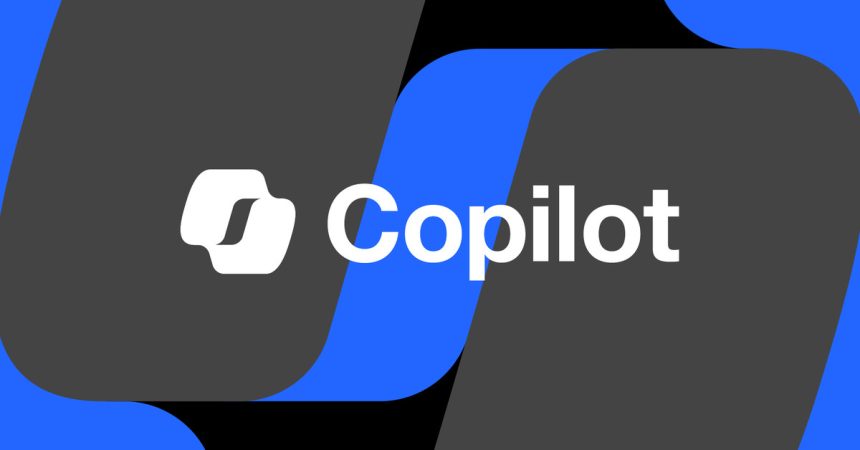Microsoft is strategically repositioning its AI assistant, formerly known as Bing Chat Enterprise and then simply Copilot, as “Microsoft 365 Copilot Chat,” a free, GPT-powered chatbot aimed at integrating AI into everyday workplace tasks. This relaunch focuses heavily on the accessibility of AI agents, previously a premium feature reserved for paid Microsoft 365 Copilot subscribers. The move is a calculated effort to demonstrate the value proposition of AI in professional settings, enticing businesses to eventually upgrade to the full $30 per user per month Microsoft 365 Copilot suite. Microsoft believes that by offering a taste of the AI-powered future of work, businesses will become accustomed to its benefits and more willing to invest in the complete experience.
Copilot Chat allows users to create and utilize AI agents directly within the chat interface. These agents function as virtual assistants, capable of managing emails, automating tasks, and accessing data from both the web and internal Microsoft Graph resources, including SharePoint files. While Copilot Chat itself is free, the use of these agents incurs costs based on usage, measured in “messages.” This metered approach aims to address concerns about runaway costs, offering both pay-as-you-go options and consumption packs to provide cost control. Different types of agent interactions carry varying message weights, with simple answers costing one message, generative responses costing two, and access to Microsoft Graph data costing a significantly higher 30 messages.
Microsoft emphasizes the flexibility of this pricing structure, explaining that a message translates to approximately one cent. Thus, the cost of using agents varies depending on the complexity of the task and the data sources involved. They provide illustrative examples, such as an HR policy agent utilizing Microsoft Graph data, to demonstrate the potential costs associated with specific usage scenarios. This transparency in pricing aims to build trust and address potential budgetary concerns for businesses hesitant to adopt AI tools.
The core chat functionality in Copilot Chat remains largely unchanged from its previous iterations. It leverages the power of GPT-4 for processing queries and allows users to upload files for analysis and summarization of Word documents and Excel spreadsheets. This feature offers a glimpse of the capabilities available within the paid Microsoft 365 Copilot, where these actions can be performed directly within the applications themselves, streamlining the workflow further. While a direct trial for the full Microsoft 365 Copilot is currently unavailable, the free Copilot Chat experience serves as an indirect trial, subtly encouraging businesses to explore the advantages of deeper integration.
Despite the somewhat convoluted naming history and the challenges users might face in locating the product amidst Microsoft’s evolving product landscape, Copilot Chat, even in its previous incarnations, has already garnered a substantial user base within organizations heavily reliant on Microsoft’s ecosystem. The core strategy revolves around fostering familiarity and reliance on AI tools in everyday work. Microsoft posits that once users experience the productivity gains and efficiency improvements offered by AI assistance, they will be more likely to embrace the full potential of Microsoft 365 Copilot.
The ultimate success of this strategy hinges on demonstrating tangible value that justifies the $30 per user per month subscription cost for the full Microsoft 365 Copilot suite. The free availability of Copilot Chat, with its AI agent capabilities and associated usage-based pricing, serves as a crucial stepping stone in this transition. By offering a free tier with valuable features, Microsoft aims to break down barriers to AI adoption, cultivate a user base accustomed to working with AI, and ultimately convert free users into paying subscribers who recognize the long-term benefits of a fully integrated AI-powered workflow. This “try before you buy” approach is designed to address the ongoing debate surrounding the cost of Microsoft 365 Copilot and ultimately persuade businesses that the investment is a worthwhile one.



